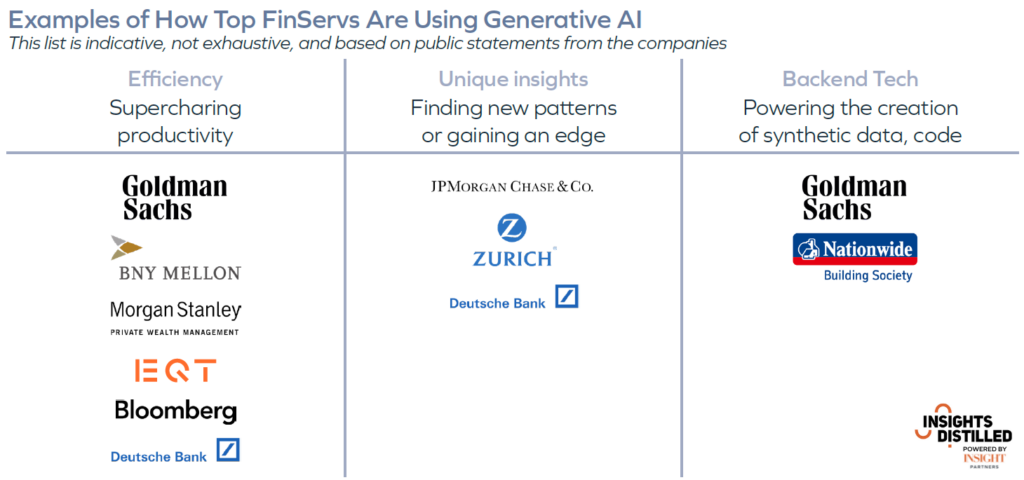Before beginning their relationships, banks and fintechs should establish quantifiable success metrics and make sure they’re aligned for the long haul, according to BNY Mellon and JPMorgan execs.
There’s no magic formula or one-size-fits-all approach to crafting successful relationships, but BNY Mellon and JPMorgan execs shared their perspectives on working with fintechs during a panel at the Finovate conference.
Every partnership begins after the bank has defined a clear need and concluded that it makes sense to buy a solution versus build one in-house, both execs said. From there, the banks do extensive research to select the right potential partners.
JPMorgan’s outreach to fintechs has been very focused lately: “We’re doing fewer, but more targeted proof-of-concepts,” said Dora Matheidesz, executive director of fintech strategy at JPMorgan. “We don’t want to do POCs just for the sake of POCs, or just testing ideas. It takes a lot of work and effort for both the banks and the startups to get a POC off the ground.”
As a POC begins, “it’s really important to set a quantifiable metric of success upfront,” according to Zakie Twainy, head of digital partnerships and enterprise innovation at BNY Mellon. That way, both sides have a clear understanding of impact and whether goals are being met.
It’s always a green flag when firms come prepared for the bank’s significant due diligence, she added: “By coming to that process prepared, a startup shows a maturity level that indicates that they’re ready to work with a bank. And that’s really important.”
Figuring out whether a firm is poised for growth is crucial, Matheidesz agreed: ““We want partners that will be able to support us for years to come and that will be able to scale more broadly,” she said. “They need to have the resources, the right people, and a product roadmap that we can be a part of. It’s really important for a partner to present that long-term view.”

